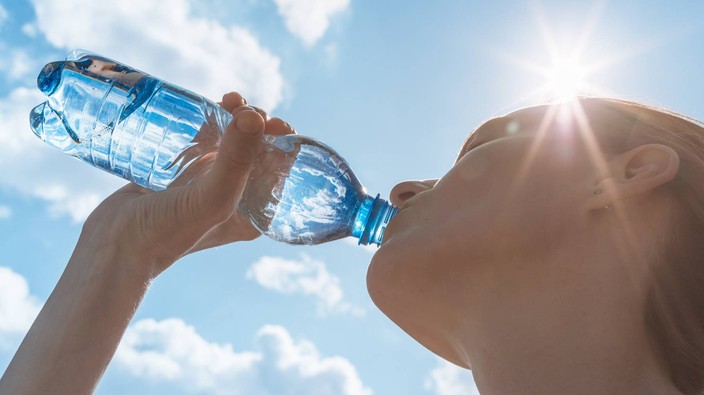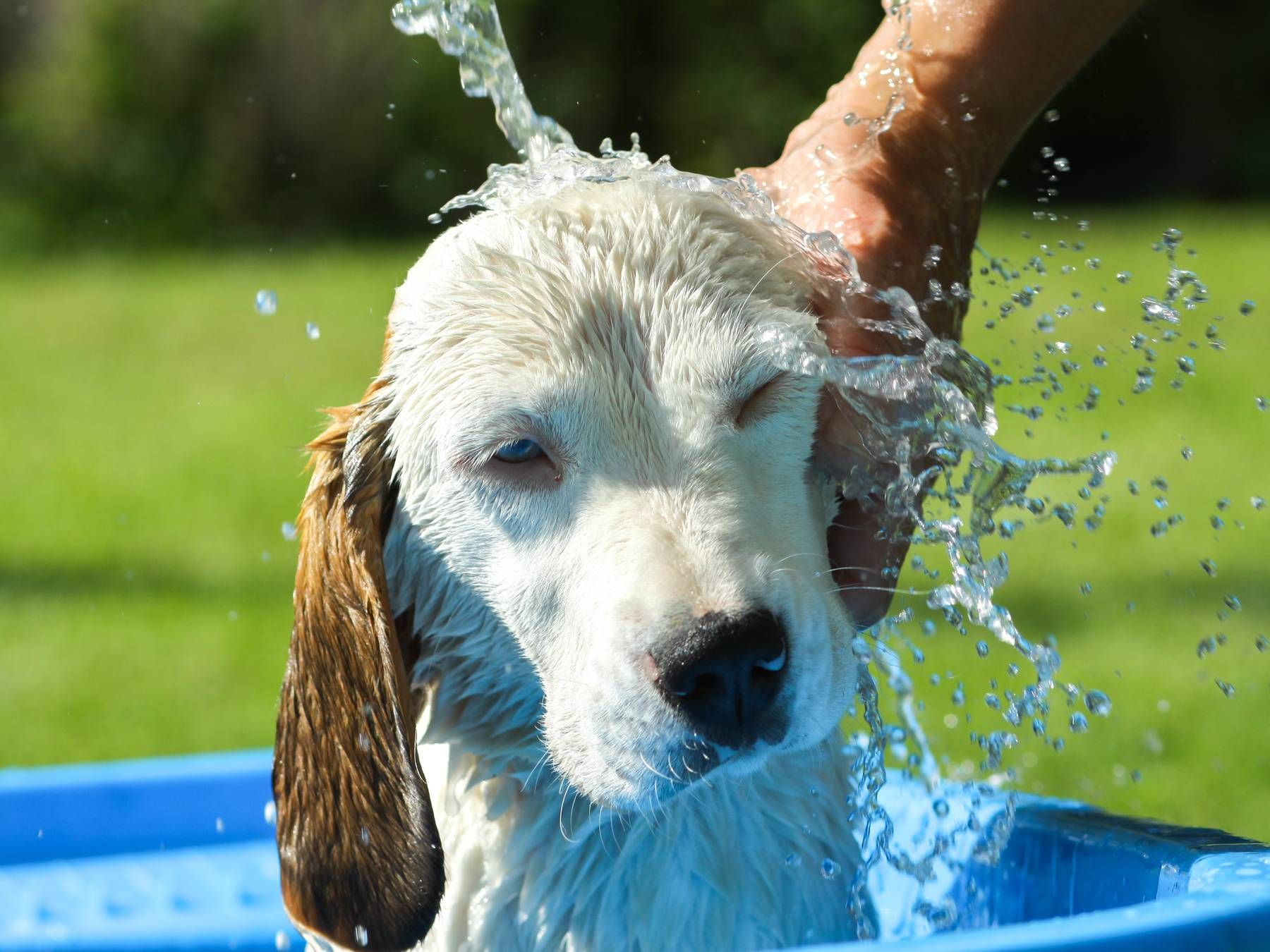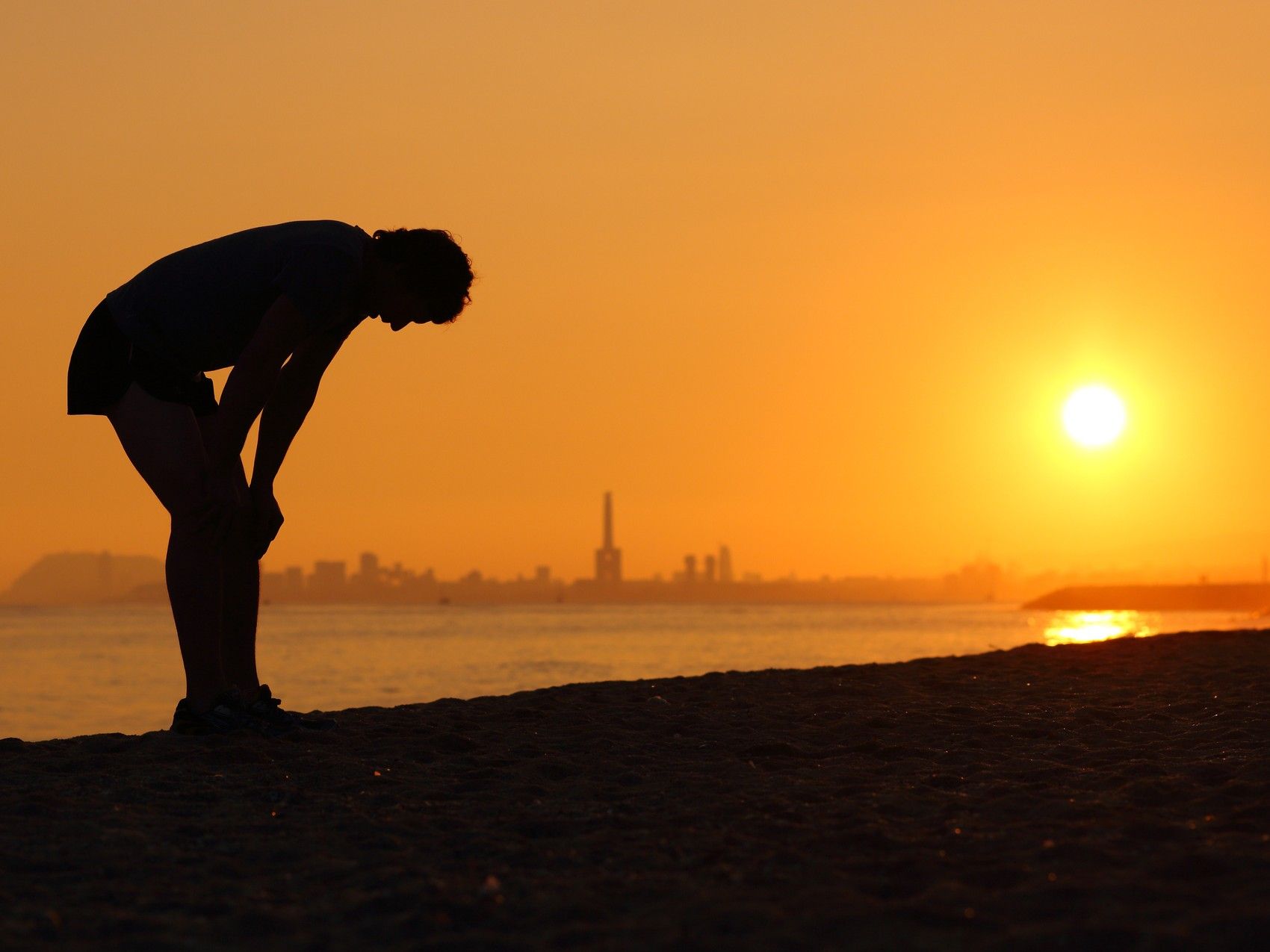if left untreated, heat exhaustion can lead to heatstroke, which is life-threatening, and happens when your internal temperature hits 41 degrees celsius or higher. this is when our nerve cells — which are the most vulnerable to heat — get
extra sensitive. the brain is made up mostly of nerve cells, which is why heatstroke can lead to brain damage, lung issues, heart failure, and kidney or liver injury if left untreated for too long. if your body temperature gets very high — like 48 degrees high — the cells in your body
can be destroyed through direct heat damage. the blood flow to our skin is also rising (thus the reddening of your body), putting a strain on our heart, which begins to pump faster. the strain on the heart
can cause arrhythmia or cardiac arrest. and as we continue to sweat, our body dehydrates. so, yes, that whole “drink water!” rule during the summer is absolutely the hill to die on.
but when it gets increasingly humid, it’s more difficult for sweat to evaporate from our skin, and that’s a problem because the evaporation process is what actually cools our bodies, according to the
ccohs. this is when our ability to produce sweat can actually shut down and our bodies get even hotter, elevating heat exhaustion to heatstroke. that’s when the point of unconsciousness can hit, and you might even experience hallucinations or seizures.
 3 minute read
3 minute read









